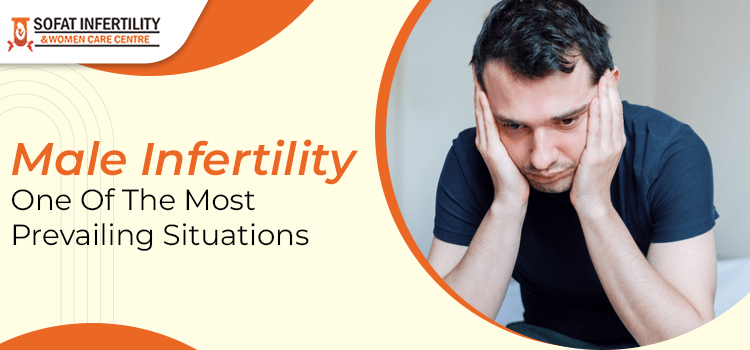When a person is not able to ejaculate during sexual activity or other penis-stimulating activity, then this condition is referred to as an ejaculation symptom. This inability to ejaculate resists the feeling of satisfaction for a person and his partner.
Proper understanding of causes, symptoms, diagnosis and treatment at the best IVF Centre in Srinagar is necessary for providing crucial support to people affected by anejaculation problems.
What is Anejaculation :
Anejaculation is the inability to ejaculate during the climax activity of any intimate intercourse. It is often related to male infertility. It is necessary to remember that anejaculation is different from erectile dysfunction.
Who is at Risk of Anejaculation :
Men of different ages and backgrounds can be affected by the problem of anejaculation. It makes a person sexually inactive and mostly occurs in the old age person. Some medical conditions or medications can also trigger the problem of anejaculation.
Types of Anejaculation :
Anejaculation is classified into two major categories –
Primary Anejaculation :
These terms indicate the people who are unable to ejaculate during intercourse or any other sexual stimulation.
Secondary Anejaculation :
In this type of condition, people who were previously capable of ejaculating lose their capability of ejaculation at one point in their lives.
Understanding the Causes of Anejaculation :
Several factors can contribute to the happening of Anejaculation-
Neurological Issues:
Conditions such as injury in the spinal cord, multiple sclerosis, or damage to nerves can create blockage in the path of ejaculation.
Medications:
Some drugs such as antidepressants, antipsychotics, and blood pressure-maintaining medicines can create an impact like an ejaculation.
Imbalance of Hormones:
Insufficient production of specific hormones such as testosterone can lead to the problem of anejaculation.
Psychological Factors :
Emotional and mental problems like stress, anxiety, depression or traumatic experiences in the past can impair sexual functioning in the body and trigger the problem of anejaculation.
Surgical Trauma:
Pelvic surgery, prostatectomy, or trauma related to surgery that can damage nerves can trigger an ejaculation.
Understanding the Signs of Anejaculation :
Unable to ejaculate is the most common problem in Anejaculation, an individual is not able to ejaculate even after sexual stimulation. Other symptoms are listed such as:
Anxiety & Frustration:
Anxiety and depression decrease confidence, which ultimately impacts the ability to ejaculate.
Tension in Relationship:
Tension and stress in relationships can lead to the problem of anejaculation, which further leads to sexual dissatisfaction or other fertility issues.
Impact of Anejaculation on Male Infertility:
Anejaculation has a deep impact on the ability of ejaculation and male infertility. This inability can be conditional or can be a lifelong problem. Without semen transfer, ejaculation can make pregnancy impossible in their partner.
Diagnosis of Anejaculation :
Diagnosis of anejaculation starts by verifying the medical history of the patient. It also includes a physical examination and some specific specialised tests if required.
Medical history and physical check up:
Doctors will first ask general questions about previous treatments and diseases. They can also conduct special tests to identify a specific problem.







